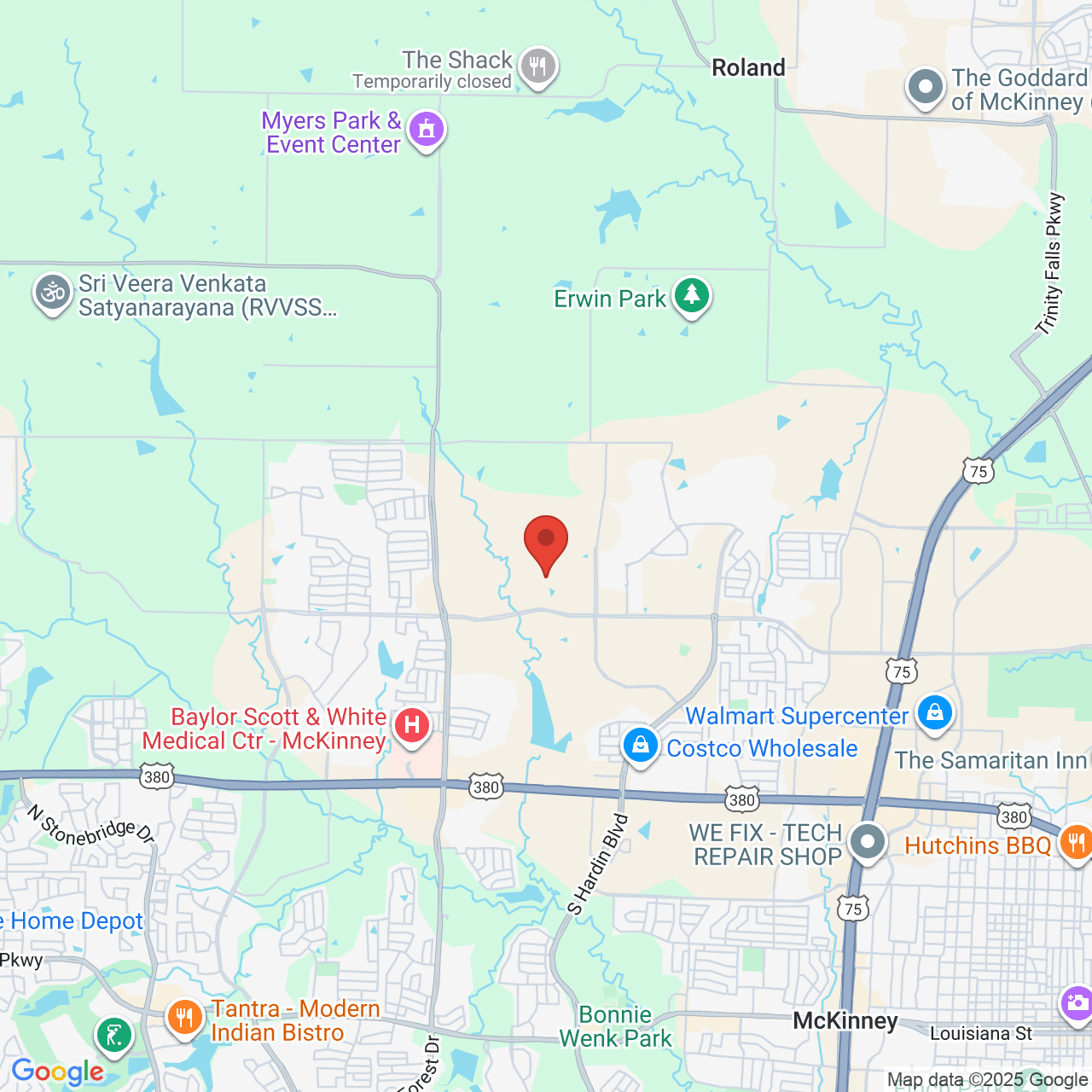Do I Have a Workplace Retaliation Case?
 State and federal laws provide employees with numerous protections, including the right to work in a safe environment free of discriminatory conduct or harassment. When employees report illegal or discriminatory actions, laws provide further protection. Workplace retaliation for reporting illegal activities or using employee benefits (sick leave, FMLA leave, etc.) is unlawful.
State and federal laws provide employees with numerous protections, including the right to work in a safe environment free of discriminatory conduct or harassment. When employees report illegal or discriminatory actions, laws provide further protection. Workplace retaliation for reporting illegal activities or using employee benefits (sick leave, FMLA leave, etc.) is unlawful.
Despite employment laws, workplace retaliation occurs at an alarming rate. Individuals in Allen, TX, Plano, TX, and Frisco, TX, who have been mistreated, terminated, or otherwise punished as an act of retaliation can work with attorney Dan A. Atkerson to determine if they have a workplace retaliation case. If so, their employer may be liable for emotional and financial damages related to the retaliation.
Workplace Retaliation and Employee Protection
Workplace retaliation laws are enforced by the Equal Employment Opportunity Commission (EEOC). The laws protect employees from retaliation related to discrimination, whistleblowing (reporting illegal activity), and other job-protected activities. Workers protected from retaliation include those who:
- Speak out against or refuse to participate in illegal practices
- Report illegal activity to law enforcement agencies like the Occupational Safety and Health Administration (OSHA)
- Participate in investigations or legal proceedings related to illegal workplace discrimination or harassment
- Request accommodations for a protected disability status
- Take FMLA or other job-protected leave
- Speak out against workplace discrimination, sexual harassment, or a hostile work environment
- File a workplace discrimination complaint with the EEOC
- Have a close relationship with someone who has taken any of the abovementioned actions
Examples of Workplace Retaliation
Workplace retaliation can occur in many different ways. The law defines workplace retaliation as any act that causes an employee to lose pay or miss opportunities for advancement. Common examples of workplace retaliation include:
- Termination
- Demotion
- Failure to promote
- Denial of training or other career opportunities
- Unwarranted disciplinary action
- Unfavorable job review (without cause)
- Denial of a raise
- Unpaid wages, unpaid overtime, or a decrease in pay rate
- Unfavorable changes in job duties or position
Do I Have a Case?
If you have participated in one of the actions protected under employment laws and have faced negative consequences from an employer, you likely have a workplace retaliation case. A knowledgeable employment law attorney, such as Dan A. Atkerson, can review the details of your situation and advise you of your legal options.
Damages in a Workplace Retaliation Case
Victims of workplace retaliation can hold employers accountable for emotional and financial damages related to the retaliation. Depending on how an employee is retaliated against and the type of losses they suffer, awarded damages in a workplace retaliation case may include compensation for:
- Loss of income
- Costs related to a job search
- Emotional stress and trauma
- Punitive damages (these serve as a punishment for the employer and discourage them from future acts of retaliation)
Get In Touch
If you were fired, demoted, or otherwise punished for reporting an employer’s illegal or discriminatory actions, you likely have grounds to file a workplace retaliation case. To learn more about your legal options and the compensation you may be due, send our law firm a message and request a consultation with attorney Dan A. Atkerson at your earliest convenience.



